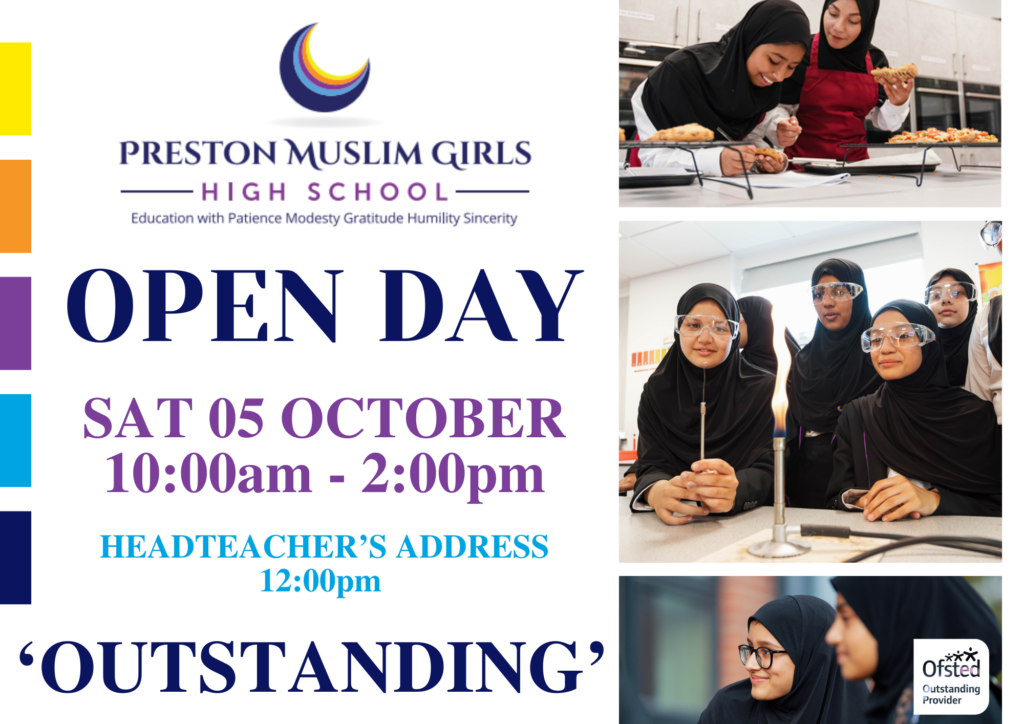Reading sits at the heart of our history curriculum, with the belief that our pupil’s knowledge and understanding deepens when exposed to rich narrative texts, academic historian’s interpretations, contemporary sources, and newspaper articles. This ensures our pupils gain access to subject specific vocabulary alongside exposure to tier two vocabulary which facilitates improvements in all areas of communication: including precise writing, reading, speaking, and listening.
In every lesson at both KS3 and KS4 pupils will be exposed to challenging key words that appear in the texts they will read. Lessons will contain a combination of teacher led reading, individual pupil reading to encourage oracy, and collaborative paired reading.
The history department have a number of fiction and non-fiction books available for pupils to borrow and also work closely with the school librarian to ensure historical fiction texts are available for our pupils. This enables our pupils to build a sense of a particular period, widening their cultural capital whilst reading for pleasure.
Listed below are some examples of the wider reading pupils engage with as part of our history curriculum.
Year 7
Term 1- Guided Read: Introduction to the Anglo-Saxons. Story. Source Scholarship: How did William take Control of England? Historiography includes extracts from H. R Lyon, David Bates, Nicholas Vincent, and Marc Morris.
Term 2- Extracts from Peter Frankopan, The Silk Roads, A New History of the World. Story, Source, Scholarship: What Happened on the First Crusade? Historiography includes John France, Jonathan Riley Smith. Guided read extract Thomas Ashbridge ‘The Crusades’. Story, Source Scholarship: Why did the Catholic Church lose its dominance in Tudor England? Historiography Prof Kenneth O’Morgan writing in The Oxford History of Britain, (2001).
Term 3- Story, Source, Scholarship, why did the Wars of the Three Kingdoms break out in 1642? Historiography includes Peter Akroyd, Civil War. Guided read on the causes of the French revolution.
Year 8
Term 1- Extract from Charles Dickens, Hard Times. Contemporary written sources on working conditions in 19th century factories. Newspaper article on The Koh-I-Noor diamond. Duleep Singh biography. Written contemporary sources on the British Raj. Case studies on life in British controlled India.
Term 2– Story, Source, Scholarship: What were the achievements of Mansa Musa, Historiography includes Dr. Ruten G Mendoza and Dr. G. S. Casey-Hayford. Various newspaper articles relating to the Transatlantic Trade in Enslaved Peoples, including discussion point- should statues be removed. David Olusoga and Olivette Otele. Civil rights movement
Term 3- Extract from David Olusoga, The World’s War: Forgotten Soldiers of Empire. An extract from American Historian William R. Keylor’s A Re-evaluation of the Versailles Peace, 1995. An extract from British Historian A.J.P Taylor’s The Origins of the Second World War, 1961. Biography introductions to the Big Three.
Year 9
Term 1- Guided reading task on Stalin’s industrialisation and collectivisation in USSR. Guided reading task on Dunkirk. Story Source Scholarship, why was Stalingrad so important? Historiography includes Max Hastings, All Hell Let Loose and Anthony Beevor radio interview transcript.
Term 2- Extracts from Dale Banham Germany 1890-1945. Genocides around the world case studies Cambodia, Rwanda and Bosnia. Holocaust survivor stories via Holocaust Education Trust. Newspaper articles that cover conflict in the Middle East.
Term 3- Story, Source and Scholarship: Who was to blame for the Cold War? Historiography incudes We Now Know: Rethinking the Cold War by the American historian John Lewis Gaddis, published in 1997 Joyce and Kolko writing in 1972 in The Limits in Power. Extract from David Olusoga, Black and British. George Orwell, Nineteen Eighty-Four.
Year 10
Pupils will be exposed to a range of extracts by academic historians including; Ian Mortimer, The Time Travellers Guide to Elizabethan England. Helen Castor, Elizabeth I; A study of insecurity. Jill Armitage, Four Queens, and a Countess. James Sharp, The Dark Side of Elizabethan England, BBC Extra Magazine. Dale Banham, Elizabethan England. Dale Banham, Germany 1890-1945. William Shirer, The Rise and Fall of the Third Reich. Richard Radway from his book Germany 1918-45. Article by Jennifer Llewelyn and Steve Thompson on The Weimar Republic’s challenges. Extracts from the work of A. J. P Taylor.
Year 11
Pupils will be exposed to a range of extracts by academic historians including extracts from Roy Porter- Cambridge illustrated History of Medicine, Roy Porter, Blood and Guts, Lindsay Fitzharris, The Butchering Art, Alf Wilkinson, Health and the People, Dale Banham, Conflict and Tension, The Inter War Years 1918-1939. Extracts from the work of A. J. P Taylor.

